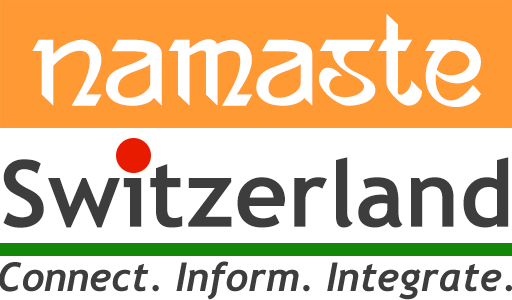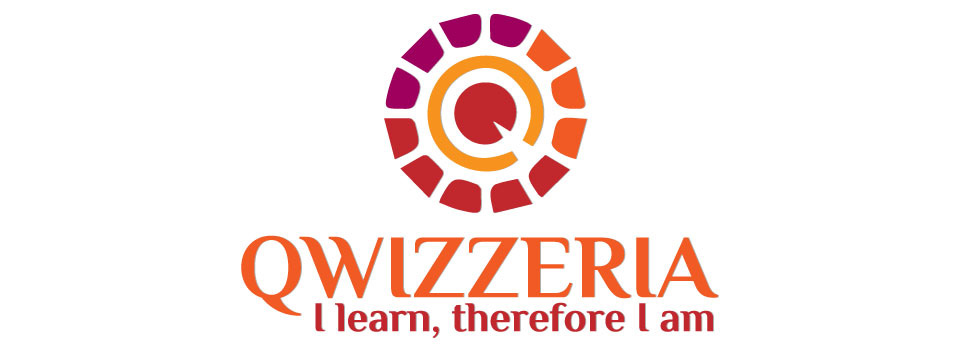Pabhoi Greens is an organic farm managed by Neelam Dutta. Based in Assam, Dutta aspired to bring sustainability to the farmers of the region and has launched a start-up campaign on Wemakeit.com. Step in to see what benefits can be reaped, once you support Pabhoi Greens’ vision.
A majority of Indian farmers buy their seeds from foreign multinationals today. They need to buy a new batch of often non-replicable seeds, fertilizers and pesticides every year; sometimes even taking loans for these seeds, which may not always adapt to the local environment. The farmers often lack knowledge on how to use the products safely.
Pabhoi Greens – making a sustainable impact
Pabhoi Greens is an organically certified farm located near Biswanath Chariali in the state of Assam, which lies between the Himalayas and the Brahmaputra River in Northeast India. Managed by Neelam Dutta, this is the family farm he inherited in 2001. Since then, Neelam has dedicated his life to farming.
In 2003, Neelam turned the conventional farm into an organic agricultural site. He believes in the concept of organic farming and cares tremendously about his employees. Hence, the farm supports the educational expenses of the children of those working at the farm and empowers women to work there – among other things.

A man with an impactful mission
 Neelam is engaged in three main areas:
Neelam is engaged in three main areas:
- Organic farming (including fishery, dairy farming, vermin-compost production, paddy field, vegetables and mushroom cultivation, plant nursery creation, fruit cultivation, bio-pesticides production and apiculture)
- Seed production and preservation of organic seed varieties
- Farmer training (i.e. sharing best practices and offering training to NGOs, local farmers and students)
He travels once in two-three months to three different communities located in Khonoma (Nagaland) and Thembang and Djelekie (Arunachal-Pradesh), where he trains the local farmers in organic farming systems and seed production. He trains approximately 10-15 women per village in other provinces of North-East India.
His one-way commute takes him between 8 and 10 hours drive – but it does not dampen his motivation.
His mission is to produce organic seeds and offer free training on organic seed production in order to give the local farmers a truly sustainable alternative and make them more independent.
Currently, Pabhoi Greens is training over 4,000 farmers in organic agriculture. However, it needs financial support for the development of its seed project.
The Swiss connection
Neelam Dutta is an alumnus from the World Food System Center (WFSC) from the summer school of the year 2015. During that summer school, he got in contact with Sativa Rheinau – an entire set-up involved in bio-agriculture from seed production to produce sales. Since then, he has been visiting Europe to continue learning more about organic seed production in Sativa Rheinau. This has strengthened his connection to different alumni of the WFSC. More recently, he gave a talk during the WFS summer school 2019 regarding Pabhoi Greens and the seed sovereignty project.
Many of the alumni attended this talk. They were inspired by the kind intention behind this project and felt the urge to support him. Some of them have even visited him to discover all the different activities that he is pushing through Pabhoi Greens.
The story of Pabhoi Greens is encouraging, motivating and inspiring. However, a current lack of financial means to realise the dream of professional production of organic seeds and to further develop the free training program, greenhouses, cold storage or power backup has led Neelam and some of the World Food System Center Alumni Network (WFSCAN) and Sativa members to organise a crowdfunding campaign.

The team includes: Benjamin Bauer, who works at Sativa Rheinau AG as Marketing Manager (Rheinau), is supporting the campaign by developing the main text for the ‘wemakeit’ platform. Together, with Neelam, he is working on the production of the main video and the communication with the Sativa network.
The others assisting the project communications arm from the WFSC alumni are:
Alessa Perotti: MSc Food Science student (Zürich). She is working on an article for a magazine and will support and network for social media and online communication about the campaign.
Hassan Zia: MSc Food Science student (Bern) supports the campaign by writing a blog for the WFSC website and assisting Neelam on short information texts for different write-ups to be circulated in his social media.
Josefa Voigt who’s an MSc Social-Ecological Resilience for Sustainable Development student (Sweden) and Karolina Rodríguez, an urban farmer at Infarm GmbH (UK) have been working on the development of the Pabhoi Greens website.
Milena Wiget: part-time Knowledge Coordinator of the WFSCAN project. She will help during the campaign for distributing the information via emails to her large swiss network.
Nora Bartolomé Gutiérrez: part-time Post-Doc on the impact of pesticides in the environment at Agroscope (Zürich) and part-time Community Coordinator at the WFSCAN project, is working in the communication area as well and is producing with short videos with Neelam for the campaign.
Support the Pabhoi Greens seed project on Wemakeit here: https://wemakeit.com/projects/organic-seeds-from-pabhoi
The crowd-funding campaign ends on September 5, 2020 – and its success will make a huge positive impact on sustainable farming in India.
For more details, visit: https://www.pabhoigreens.com/
A note about the WFSCAN
The official WFSCAN was founded in 2018 and launched its online community platform in 2019. The network aims to exchange knowledge on different crucial world food system topics, to share information about job opportunities, organise activities, projects, etc.
It supports its members in their projects and personal development. For example, in January 2020, a joint workshop was organized at Pabhoi Greens to exchange knowledge and to support the Neelam Dutta, by working on the main challenges of his organic farm. The workshop was in line with several key topics of the world food system (e.g. food and seed sovereignty).
Disclaimer: Written in good faith, we do not undertake any financial/reputational impact or other obligations/liabilities that may arise from the content.












